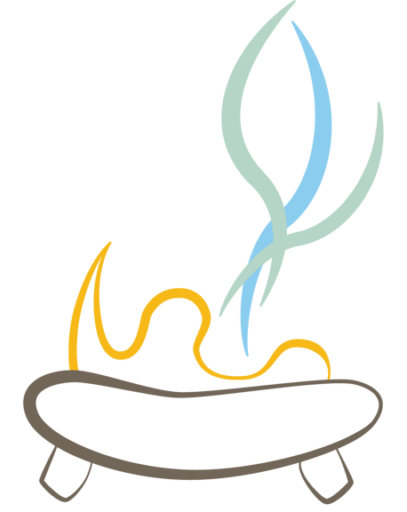The Nunatsiavut Government is working with the provincial Department of Fisheries and Land Resources and Environment Climate Change Canada to monitor for HPAI in wild birds.
Wild birds, such as waterfowl, are natural carriers of the avian flu, but are not always affected by the disease. However, they can transmit it to other wild and vulnerable domestic bird populations.
Avian influenza viruses, such as HPAI, can cause disease in humans on rare occasions. Careful cleaning practices, such as washing hands, clothes, equipment, etc., can all reduce the risk of disease and the spread of the virus.
Currently, there have been no confirmed cases of HPAI since the last update in June of 2024. All sampled birds have tested negative. The Nunatsiavut Government and partners are continuing to monitor for HPAI.
If people encounter dead birds or any acting strangely, they are encouraged to report sightings directly to their local conservation officer.
Signs that a bird may have HPAI include: nervousness, tremors or lack of coordination, swelling around the head, neck and eyes, lack of energy or movement, coughing, gasping for air or sneezing, diarrhea or sudden death.
Hunting, handling, and eating healthy game birds is considered safe. However, exposure to avian influenza can occur when handling wild birds. There is no evidence to suggest that properly cooked game birds are a source of avian influenza infection for people. Wear gloves when preparing harvested birds—thoroughly clean contaminated surfaces on tools, work areas, and clothing. Do not eat, drink, or smoke while handling raw or other game products.
To report a sighting, or dead bird, please contact:
| Community | Conservation Officer | Telephone |
| Nain | Edward John Flowers | 709-922-2942 |
| Hopedale | Ian Winters | 709-933-3337 |
| Postville | Samantha Pilgrim | 709-479-9763 |
| Makkovik | Errol Andersen | 709-923-2365 |
| Rigolet | David Wolfrey or Tony Wolfrey | 709-947-3383 |
| North West River | Dean McLean | 709-497-8725 |
| Happy Valley-Goose Bay | Joseph Townley | 709-896-8582 |

